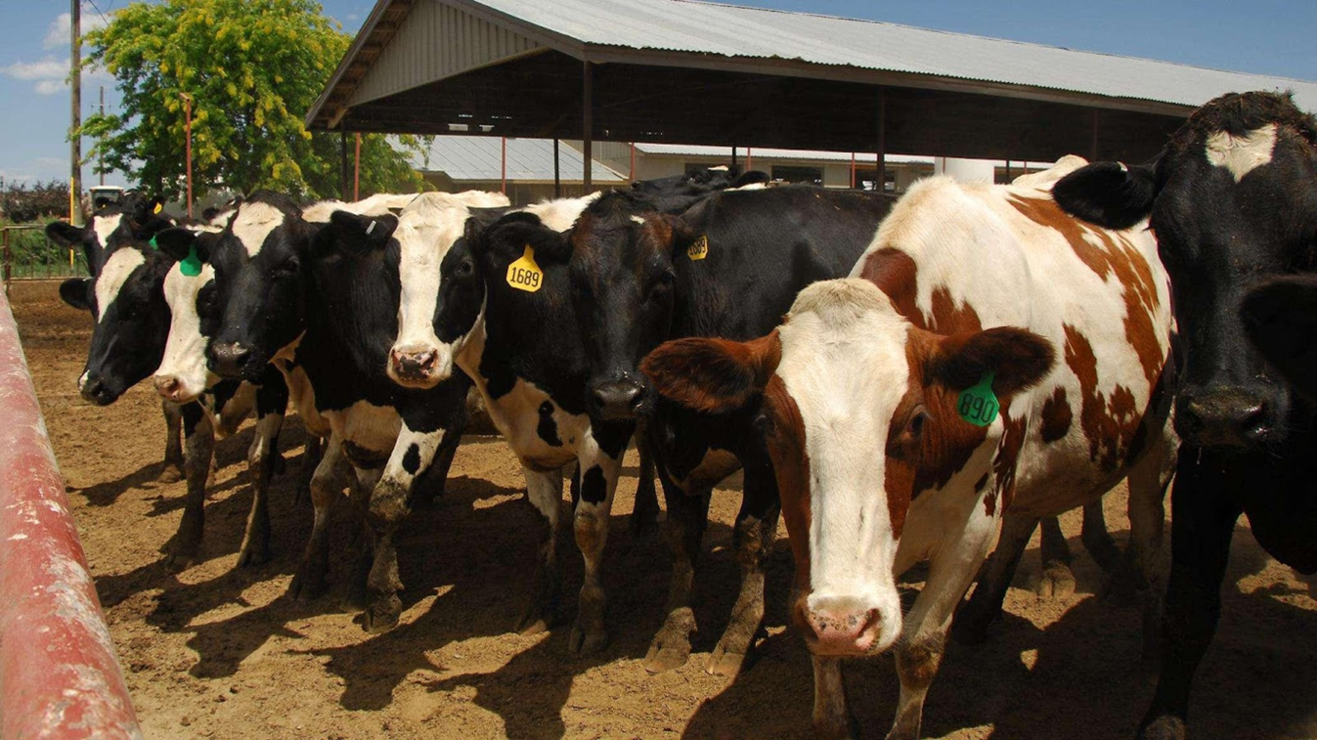
In California’s Central Valley, low-income families, rural communities, and people of color bear the brunt of the dairy industry’s environmental degradation. Many of these residents rely on local groundwater resources for drinking water and daily use, yet their water is often contaminated and polluted with high levels of nitrates from the large amounts of improperly managed manure and wastewater generated by local dairy farms. These communities, many of which face systemic inequities, have a fundamental right to clean and safe water, as enshrined in California’s Human Right to Water statute. However, dairy operations and state regulators are not adequately meeting or prioritizing this right.
Despite these harmful impacts affecting community members, the dairy industry is often touted for its economic contributions to California, particularly in the Central Valley Region. California alone produces approximately 20% of the nation’s milk and dairy supply, demonstrating just how large this industry is. The dairy industry in California is mainly concentrated in the Central Valley Region, where 89% of the state’s cows are located and 81% of the state’s dairy farms operate. This robust industry supports a wide range of jobs across sectors, including roles for farmers, veterinarians, transporters, processors, and many others along the supply chain. As a result, many local farmers in the Central Valley argue for weakening the Dairy Order and reducing environmental regulations so that this industry can continue to generate immense profit.
Unfortunately, the dairy industry threatens the health and well-being of local residents who depend on groundwater as their primary source of drinking water. These excess levels of nitrogen and harmful pollutants have serious public health risks, especially for pregnant women and infants. Disrupted nitrate levels can interfere with the body’s ability to carry vital oxygen to tissues, resulting in methemoglobinemia and “blue baby syndrome.” The chemical nitrate’s colorless and tasteless nature, combined with its serious and potentially deadly health impacts, places immense mental strain on community members who live in constant fear of unpredictable and dangerous water quality.
To address these problems, California, through the California Dairy Order, aims to establish more stringent standards for how dairy producers manage and dispose of their waste, particularly regarding groundwater and nitrogen pollution. This Dairy Order is a direct response to a 2013 Dairy General Water Discharge Requirement, which an environmental law foundation and water rights group challenged as inadequate. These groups’ legal challenges have prompted the establishment of stricter regulatory standards in the new draft Dairy Order. These new rules not only apply within the Central Valley Region, but also establish certain statewide precedents, impacting CCKA’s local waterkeepers.
Although the Dairy Order is ostensibly beneficial, it falls short in many key policy areas, chief among them its impact on low-income families, rural communities, and people of color. This is because the Central Valley has more disadvantaged communities and people of color reliant on groundwater for drinking, in addition to lower environmental quality ratings. Despite these obvious disproportionate impacts, the Dairy Order barely makes any admissions or references to these environmental injustices, something CCKA has sought to correct through the passage of AB 2108. The Dairy Order also fails to place significant restrictions on a powerful industry that heavily degrades the environment, with some of the planned standards expected to take up to 50 years to achieve full restoration of nitrate quality levels.
Although the Dairy Order is still in its draft stage and is subject to revisions, it is expected to take effect by late 2025 or mid-2026. In the meantime, CCKA has attended a public information session regarding the Dairy Order, and will continue to follow the law’s progression through the public comment period in December. CCKA is committed to ensuring that the dairy industry, especially in the Central Valley, protects the drinking water of local residents.
Andrew Heyt is an intern at CCKA fighting for swimmable, fishable, and drinkable waters for all and is currently a student at USC studying environmental studies and legal studies.



